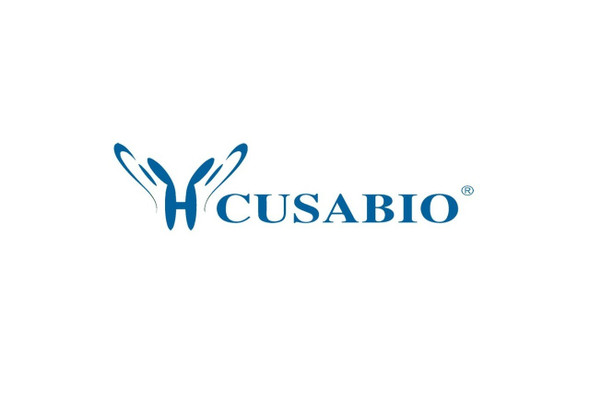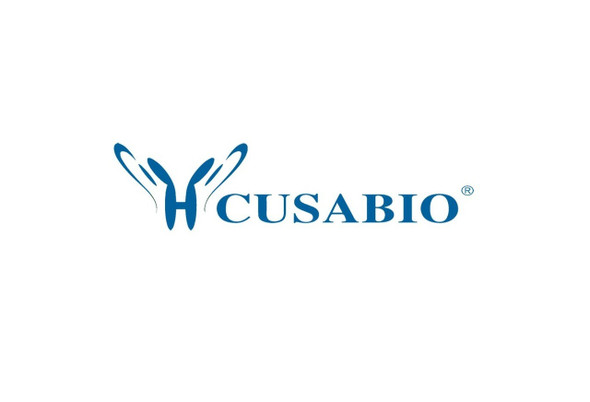Cusabio Polyclonal Antibodies
2-hydroxyisobutyryl-HIST1H2AG (K95) Antibody | CSB-PA010389PA95hibHU
- SKU:
- CSB-PA010389PA95hibHU
- Availability:
- 3 to 7 Working Days
Description
2-hydroxyisobutyryl-HIST1H2AG (K95) Antibody | CSB-PA010389PA95hibHU | Cusabio
2-hydroxyisobutyryl-HIST1H2AG (K95) Antibody is Available at Gentaur Genprice with the fastest delivery.
Online Order Payment is possible or send quotation to info@gentaur.com.
Product Type: Polyclonal Antibody
Target Names: HIST1H2AG
Aliases: Histone H2A type 1 (H2A.1) (Histone H2A/ptl), HIST1H2AG; HIST1H2AI; HIST1H2AK; HIST1H2AL; HIST1H2AM, H2AFP; H2AFC; H2AFD; H2AFI; H2AFN
Background: Core component of nucleosome. Nucleosomes wrap and compact DNA into chromatin, limiting DNA accessibility to the cellular machineries which require DNA as a template. Histones thereby play a central role in transcription regulation, DNA repair, DNA replication and chromosomal stability. DNA accessibility is regulated via a complex set of post-translational modifications of histones, also called histone code, and nucleosome remodeling.
Isotype: IgG
Conjugate: Non-conjugated
Clonality: Polyclonal
Uniport ID: P0C0S8
Host Species: Rabbit
Species Reactivity: Human
Immunogen: Peptide sequence around site of 2-hydroxyisobutyryl-Lys (95) derived from Human Histone H2A type 1
Immunogen Species: Human
Applications: ELISA, IF
Tested Applications: ELISA, IF; Recommended dilution: IF:1:50-1:200
Purification Method: Antigen Affinity Purified
Dilution Ratio1: ELISA:1:2000-1:10000
Dilution Ratio2: IF:1:50-1:200
Dilution Ratio3:
Dilution Ratio4:
Dilution Ratio5:
Dilution Ratio6:
Buffer: Preservative: 0.03% Proclin 300
Constituents: 50% Glycerol, 0.01M PBS, pH 7.4
Form: Liquid
Storage: Upon receipt, store at -20°C or -80°C. Avoid repeated freeze.
Initial Research Areas: Epigenetics and Nuclear Signaling
Research Areas: Epigenetics & Nuclear Signaling









